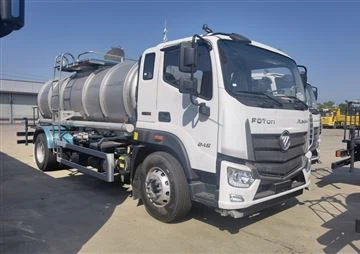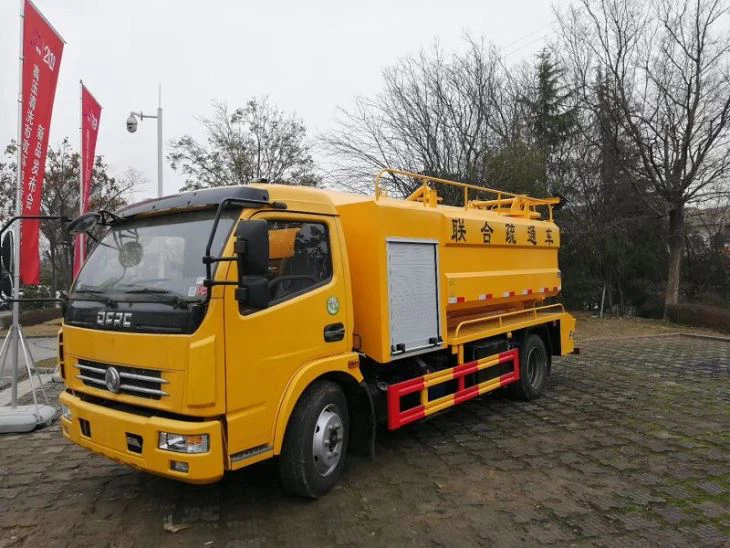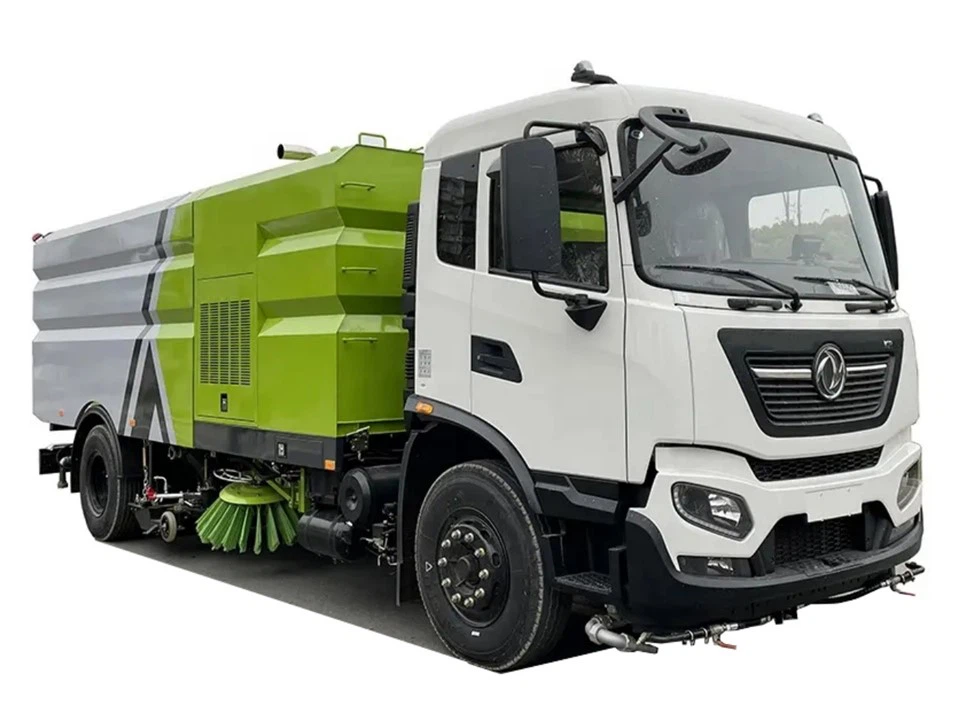Exploring the 2007 Freightliner: A Comprehensive Guide

Introduction
The 2007 Freightliner represents a significant model year for one of the most reputable names in the commercial trucking industry. Known for their reliability, efficiency, and innovative engineering, Freightliner truck models from this year have been sought after for various applications, from long-haul trucking to regional deliveries. This article delves deep into the 2007 Freightliner models, focusing on specifications, features, and tips for owners and operators. Whether you’re considering a purchase, looking for maintenance tips, or needing information on performance, this comprehensive guide has you covered.
Overview of Freightliner
Freightliner, a division of Daimler Trucks North America, has been a key player in the heavy-duty vehicle market for decades. The company is renowned for its commitment to quality and innovation, producing trucks that meet the demands of various industries. The 2007 models reflect a culmination of advanced technology and user-focused design, making them some of the most preferred options in the trucking sector.
Key Features of the 2007 Freightliner Models
The 2007 Freightliner lineup includes various models, each designed with unique specifications to cater to different needs. Here’s a detailed look at the primary models available that year:

- Freightliner Cascadia: This model set new standards in aerodynamics and fuel efficiency.
- Freightliner Columbia: Known for its comfort and versatility, ideal for regional transport.
- Freightliner Century Class: A blend of style and performance, built for the long haul.
- Freightliner M2: Perfect for medium-duty tasks, suitable for local delivery and service work.
Specifications of 2007 Freightliner Models
Engine Options
The Freightliner 2007 models are equipped with a range of engine options to suit various needs. Below is a summary:
| Model | Engine Options | Horsepower |
|---|---|---|
| Cascadia | Detroit Diesel DD15 | 455 – 505 HP |
| Columbia | Detroit Diesel Series 60 | 430 – 500 HP |
| Century Class | CAT C15 | 475 – 550 HP |
| M2 | Mercedes-Benz MBE900 | 210 – 320 HP |
Transmission Options
The truck models were available with various transmission systems including:
- Manual Transmission: 10-speed or 13-speed options provided greater control.
- Automatic Transmission: Efficient for ease of operation, especially in urban settings.
Fuel Efficiency and Environmental Compliance
EPA Standards
In 2007, engines had to meet stringent EPA regulations. Freightliner took significant steps to ensure compliance without sacrificing performance.
Fuel Management Systems
The Freightliner trucks featured advancements in fuel management systems to enhance efficiency. Owners reported improvements in miles per gallon (MPG) due to these features.
Comfort and Technology Features
Cab Design and Comfort
Freightliner’s commitment to driver comfort has led to design innovations in the cab area:
- Ergonomic Seating: High-quality, adjustable seats that reduce fatigue.
- Cruise Control: Helps maintain steady speeds and improve fuel consumption.
- Advanced Climate Control: Ensures a comfortable driving environment regardless of external conditions.
Technology Integration
The 2007 Freightliner was ahead of its time with technology, including:
- GPS Navigation: To ease route planning for long hauls.
- Telematics System: Monitors vehicle performance and provides diagnostics.
Maintenance and Care Tips
Routine Maintenance Schedule
To ensure longevity, adhering to a routine maintenance schedule is vital:
- Oil Changes: Recommended every 15,000 miles or 250 hours of operation.
- Filter Replacements: Air and fuel filters should be checked every 30,000 miles.
- Tire Inspections: Regular checks for tread wear and pressure save costs and enhance safety.
Basic Repairs and DIY Tips
For minor repairs, owners can follow these practical tips:
- Keep essential tools on hand, like wrenches and screwdrivers, for common issues.
- Utilize online resources and forums to troubleshoot specific problems.
- Consider taking a basic truck maintenance course to build confidence in handling repairs.

Common Issues and Solutions
Engine Performance Issues
Many drivers reported issues with engine performance:
- Sputtering: Check the fuel lines and filters for blockages.
- Reduced Power: Inspect air filters and turbochargers for damage.

Transmission Problems
Transmission issues can arise, such as:
- Slipping Gears: Ensure fluid levels are adequate and consider a fluid change.
- Shifting Delays: Check for electrical connections or low fluid levels.
Market Trends and Resale Value
Current Market for 2007 Freightliner Trucks
The 2007 Freightliner trucks are still relevant in the used truck market. Factors influencing market demand include:
- Condition and mileage of the vehicle.
- Market demand for specific models and configurations.
- Customization and additional features in the truck.
Resale Tips
For optimal resale value, consider these strategies:
- Maintain comprehensive service records to build credibility with potential buyers.
- Invest in minor cosmetic repairs before selling.
- Present detailed performance statistics if possible.
Frequently Asked Questions (FAQ)
What is the average lifespan of a 2007 Freightliner truck?
With proper maintenance, a 2007 Freightliner can last over 1 million miles.
Are there common recalls for the 2007 Freightliner models?
While specific recalls may have been issued, buyers should check the NHTSA database for details related to their model.
How does the 2007 Freightliner compare to newer models?
While newer models may offer advanced technology and fuel efficiency, many operators still value the robustness and reliability of 2007 models.
What types of jobs are best suited for the 2007 Freightliner?
These trucks are versatile, ideal for long-haul transport, regional deliveries, and even local service jobs, depending on the model.
Can I upgrade my 2007 Freightliner with newer technology?
Yes, many upgrades are available, including navigation systems and enhanced telematics.
What is the expected fuel consumption for a 2007 Freightliner?
Fuel consumption varies by model and load, but many trucks average between 6-8 MPG.
